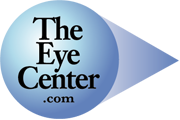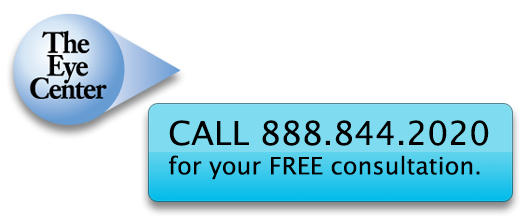Seasonal Allergic Conjunctivitis
The most common conjunctivitis, seasonal allergic conjunctivitis affects millions during the late spring, summer and early fall when pollens and molds are very high. It is often called hay fever conjunctivitis due to the fact that many allergy sufferers are allergic to ragweed pollen, which grows in many hayfields. New seasonal allergies can develop at any age but it develops most commonly between 12 and 30 years of age.
No Printable Version (PDF)
Symptoms
Along with sneezing and the itchy, runny nose caused by seasonal pollens are many irritating symptoms that affect the eyes. The eye symptoms may include one or more of the following:
- itching
- redness
- excessive watering or tearing
- scratchy sensation as if sand was stuck in the eye
- swelling
- pain or burning
Treatment
Seasonal allergies cannot be cured. Some sufferers will receive allergy shots over a period of many months to try to build up immunities. The allergy shots will make the allergic reactions less severe but will not completely cure the patient.
Some of the most common treatments for seasonal allergic conjunctivitis are as follows:
- Antihistamine drops (dropped directly into the eyes)
- Oral antihistamines (taken by mouth)
- Vasoconstrictors (reduces swelling and redness)
- Steroid drops (reduces swelling and redness)
- Cold compresses on the eye to relieve redness and swelling
Staying away from the pollens by:
– using air conditioning to cool your home in the allergy months
– using air filters and keeping them clean
– keeping your hands away from your eyes and washing your hands and face often to remove allergens
Antihistamine drops usually relieve symptoms within a few minutes of instillation whereas oral medication may take up to an hour to work. Take oral antihistamines ahead of time if you know you will be spending time outside during the season that your allergies are the worst. Oral antihistamines can cause unwanted side effects such as sleepiness, dryness in the mouth, nose and eyes and mood swings. Long-term steroid use in the eye can cause lesions on the cornea.
Lack of treatment for seasonal allergic conjunctivitis can sometimes lead to a bacterial infection in the eyes or the sinuses. The doctor will prescribe an antibiotic that will be dropped directly into the eye or taken by mouth to clear up the infection.
Note: Do not wear contact lenses during a flare up of seasonal allergic conjunctivitis and follow your doctor’s advice.
This educational material is provided by Dialog Medical.
© Copyright 2005 Dialog Medical
All Rights Reserved
The Eye Center
Call Toll Free 1.888.844.2020

